Facts About Nature will surprise and amaze you in a variety of ways. Some of the things that happen on Earth and even further out in the solar system are simply fascinating. 9 factum will make you realize some amazing facts about nature that will blow your mind.
There was a time when four different human species coexisted. German scientists concluded that four distinct human species coexisted around 3 million years ago after researching hominid fossils recovered in Kenya, Ethiopia, and Chad. What is unknown is how or if they are related, and whether or not they interacted.
Some shrews utilise echolocation to help them navigate their environment by emitting noises that produce sonar (much like bats). They can walk on water, are one of the few venomous mammals on the planet, and can defeat snakes and scorpions in epic confrontations.
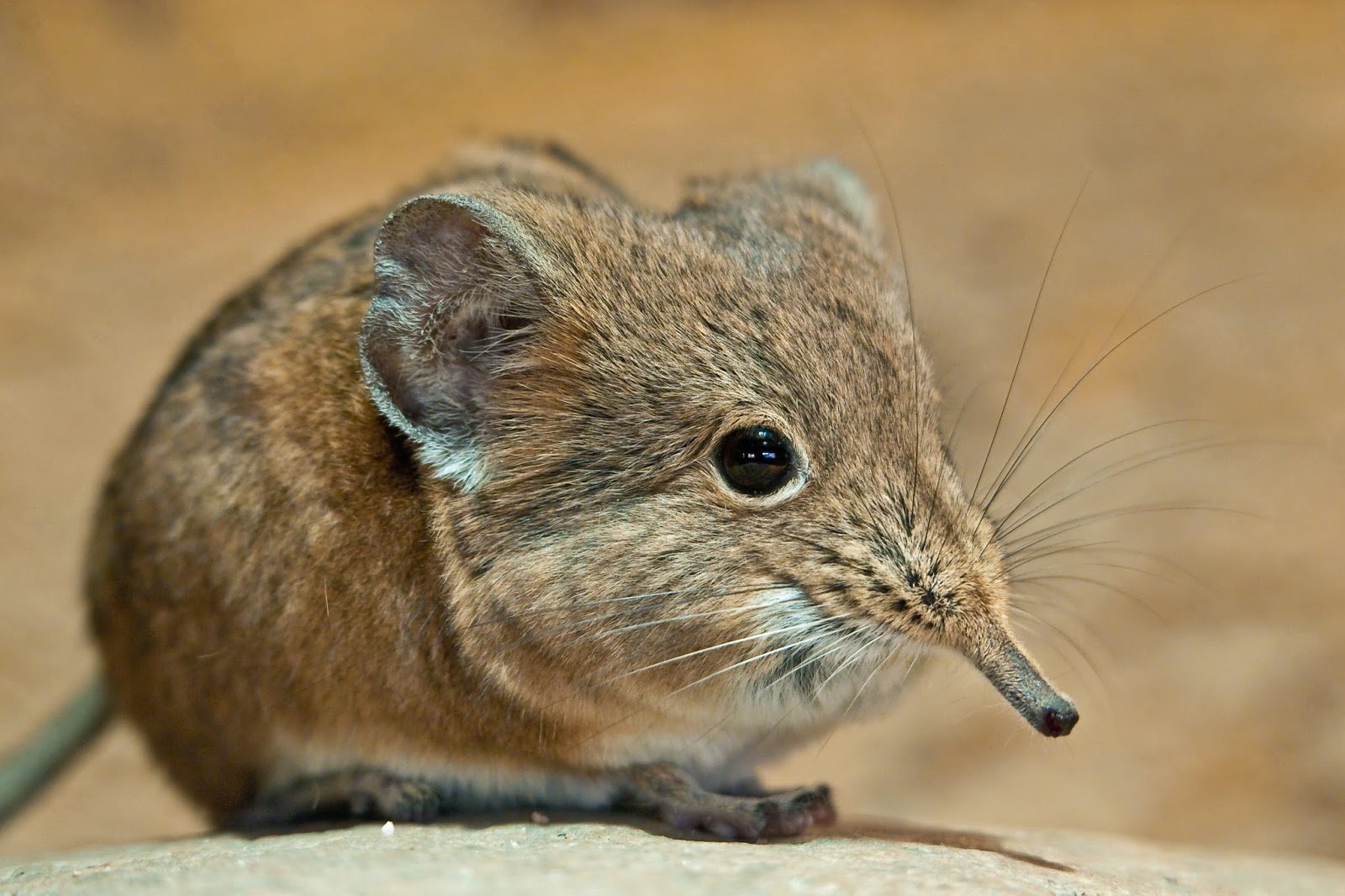
Some spider webs are so powerful that they can withstand a storm. When a single thread breaks, the entire web gets stronger. The nursery web spider gets its name from the fact that she utilises her web to protect her young. And she’s worth keeping an eye on since she likes to consume the male after mating.
There was a period when no microorganisms existed to help a tree degrade. The trees that lived 300 million years ago are not the same as the trees that exist today on the planet. These trees may grow to be very tall, but their root systems were shallow, thus they readily fell over. There were no bacteria there at the time that could decompose these trees, so as they fell, they piled up on top of each other, either forming a blessing or a curse.
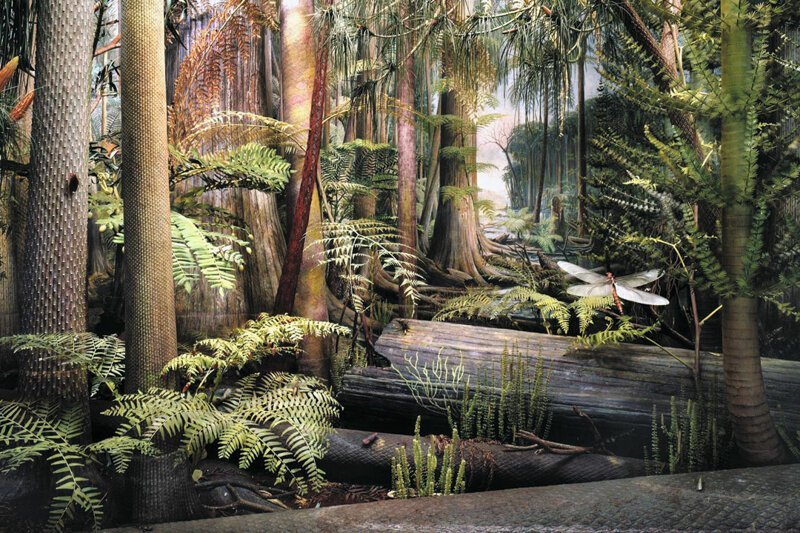
Bamboo is the world’s fastest-growing plant. At a speed of 0.00002mph, certain species can grow up to 91cm every day, 4cm per hour. Bamboo, which grows on five continents, was the sole plant to survive Hiroshima’s 1945 atomic assault. It’s also adaptable, with applications including floors, cups, furniture, and even bicycles.

Birds use the stars, as well as the sun, wind patterns, and landforms, to guide them back to the same places year after year.
Migration can take anywhere from a few weeks to four months. The Arctic tern has the world’s longest known migration, covering 22,000 kilometres round trip.
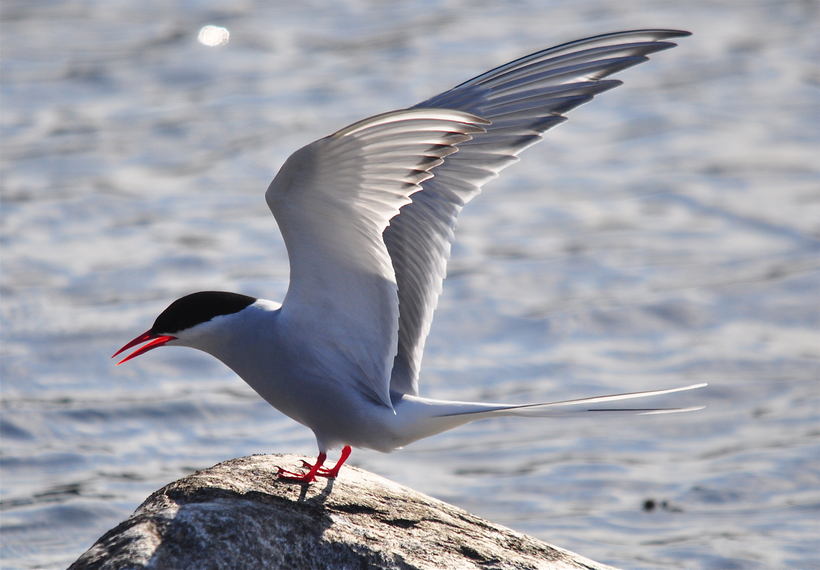
Malaria is the leading cause of death in Africa. The Malaria virus is spread by mosquitos. When they “bite” a human, the virus is passed on to the human, who subsequently becomes ill. Malaria kills a child every 30 seconds.
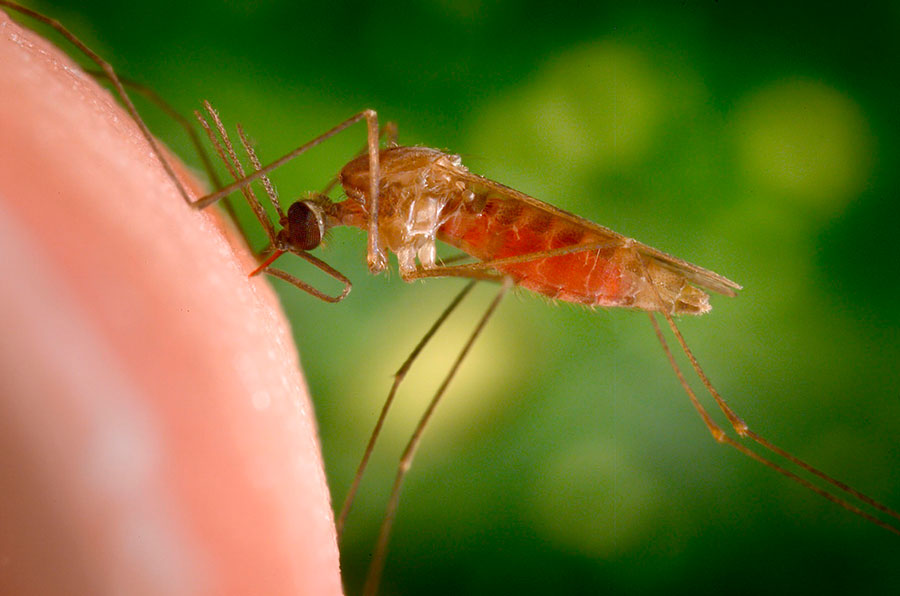
Picking up a yellow-spotted millipede will cause it to curl into a spiral and leak hydrogen cyanide, as well as the pungent aroma of toasted almonds. To protect themselves from predators, cyanide millipedes use chemical warfare. They also provide essential nutrients to forest ecosystems.
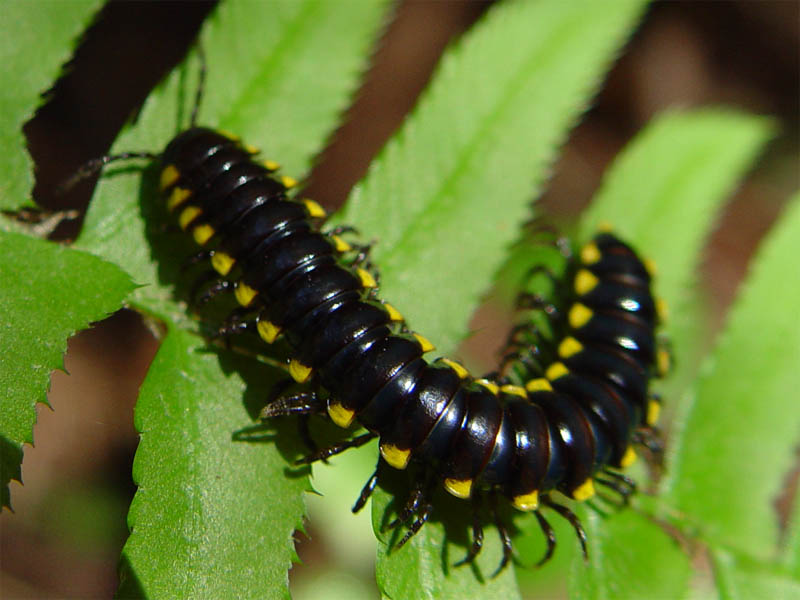
A prevalent misconception is that fish only have a three-second memory span and that every circuit of the bowl or pond is like seeing the world for the first time, but this is not the case, as demonstrated by an Australian kid.
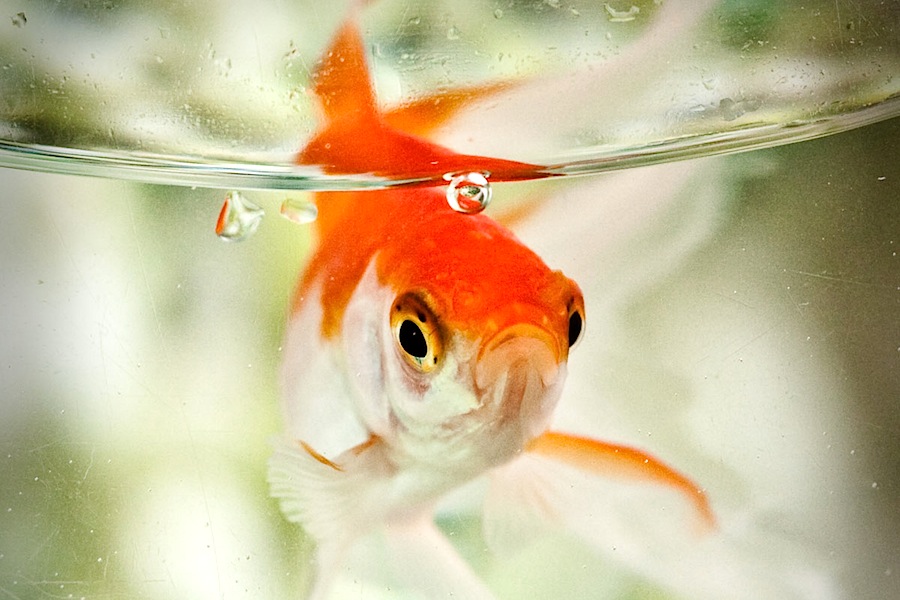




Related Posts
7 Interesting Facts About Running
7 Health Benefits of Laughing
5 Brilliant Facts About Rhinoceros Beetles